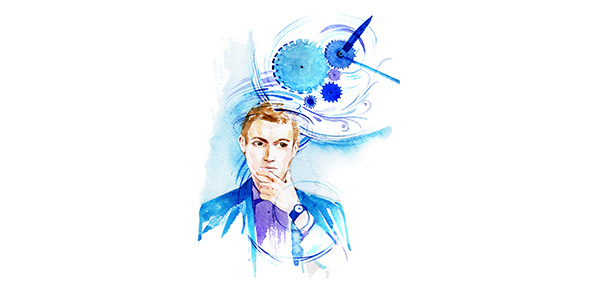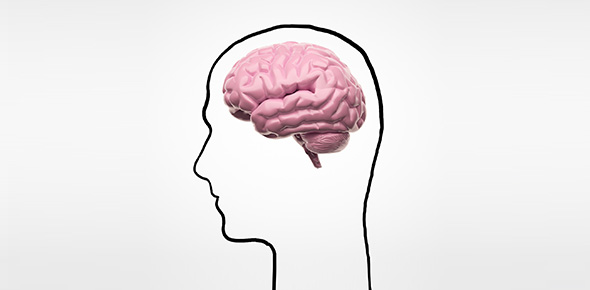Related Flashcards
Related Topics
Cards In This Set
| Front | Back |
|
the persistence of learning over time through storage and retrieval of info
|
Memory
|
|
we remember just enough to recognize something, penny example
|
|
|
Sensory memory
|
|
Visual stimuli - like a photograph, lasts for a few tenths of a seconds
|
Iconic
|
|
Auditory Stimuli, lasts for about 3 to 4 seconds, like hearing mom's voice on phone
|
Echoic
|
|
process info into memory 2 types:
|
Encoding
|
|
Automatic processing
|
|
rehearsal and over-learning
encoding that requires attention and conscious effort 3 diff types:
1.spacing Effect
2.Serial Position Effect
3.Rehearsal
|
Effortful Processing
|
|
Spacing Effect
|
|
We recall the first and last items best
|
Serial Position Effect
|
|
Conscious repetition, maintain in consios, encode-> storage
|
Rehearsal
|
|
Ebbinghaus
|
|
storage decay over time
|
transience
|
|
|
|
Forgetting curve
|







